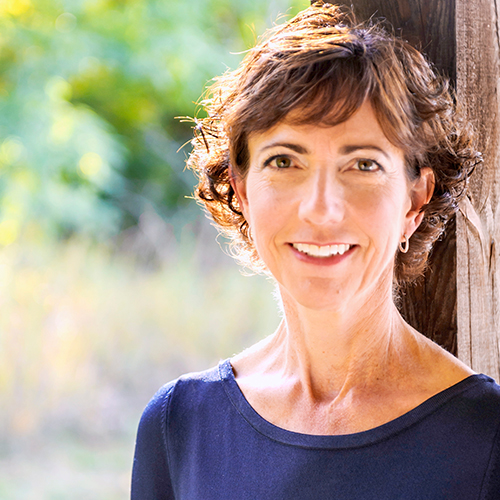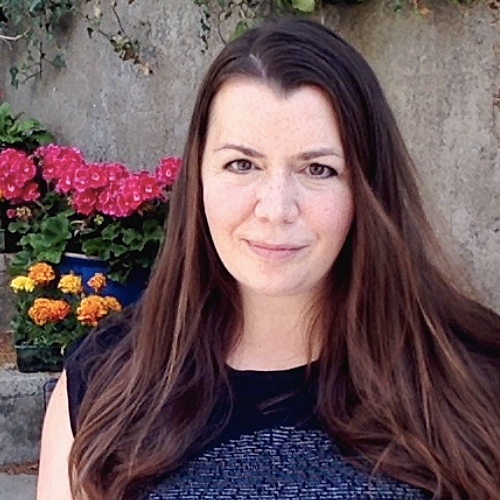 IBCLC Detailed Content Outline: Development and Nutrition Focused CERPs - Section I
IBCLC Detailed Content Outline: Development and Nutrition Focused CERPs - Section I
Access CERPs on Development and Nutrition for the IBCLC Detailed Content Outline recertification requirements. Enjoy convenient on-demand viewing of the latest Development and Nutrition focused IBCLC CERPs at your own pace.
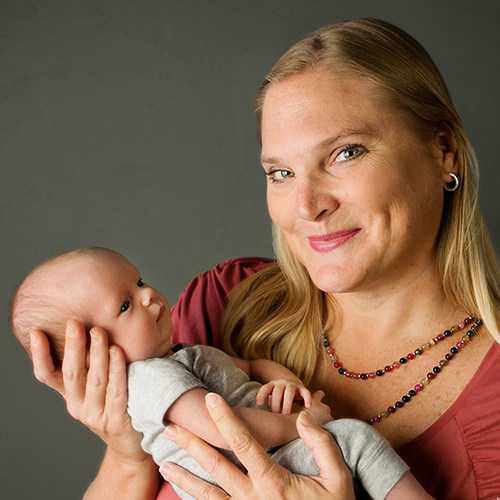

A love for babies fueled Kimberly's 20+ year career serving families in the postpartum time frame. With a passion for nurturing new parents, she trains doulas and educators with CAPPA to support and educate for a strong beginning of bonding and connection. She loves teaching expectant families to have a smooth transition to new baby life through the Providence Healthcare System in Portland, OR. She began as a postpartum doula, then quickly added breastfeeding and new parent classes to help parents from the very beginning, and then became an IBCLC to meet their bigger challenges. She owns ABC Doula & Newborn Care in Portland, OR, is the mother of 2 grown kids, and resides in Phoenix near her parents. Like many other baby whisperers, Kimberly has honed skills for listening and responding to babies that parents can quickly learn to understand and interpret their tiny humans. When she sees parents struggling, and especially with the most fussy of babies, her heart hopes that all parents could be given the tools to compassionately support their little ones, and learn how to meet their needs, which creates more confidence in themselves in their new roles as well.
Topic: Understanding Infant Crying - [View Abstract]
How much crying is too much crying? When parents reach out with questions about their babies crying, what parameters are available to help guide them to understand their infants? This session will aim to guide professionals who support the newborn family, including offering guidelines for number of hours that are considered normal, descriptions of high and low criers, timelines of expected crying, and solutions and alternatives when the typical approaches don’t seem to work. Utilizing the research on the Crying Curve--a pattern of crying beginning at about 42 weeks of gestation, peaking at 6-8 weeks of age, and sharply declining by 12-15 weeks--parents can navigate newborn life according to their gestational age. 15 different studies have concluded that this pattern is common across infants of all cultures, gestational ages (based on a 40-week gestation), and parenting styles—and the applications are many in the early parenting world. Help families learn to utilize this model to help assess their newborn. Multiple models of interpreting newborn crying from body language to sound and tone to help interpret newborn needs will be shared. Let’s move beyond reassuring parents that “colic” will end by 3 months and offer them solutions and alternatives.
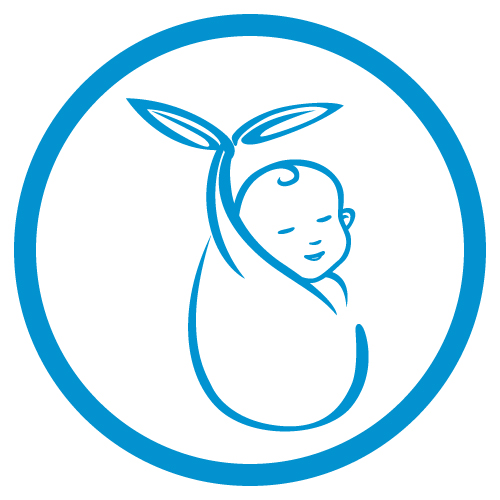
View Details / Enroll
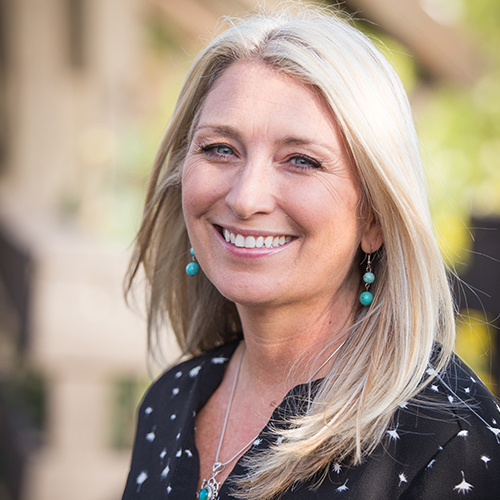
Unraveling the Mysteries of Human Milk: The Fascinating Role of Neohormones, Epigenetics, the Microbiome and More!

Laurel Wilson, IBCLC, CLE, CCCE, CLD is a TEDx and international speaker, author, pregnancy and lactation expert, and consultant. She served as the Executive Director of Lactation Programs for CAPPA, the Childbirth and Postpartum Professional Association for 16 years and now is on the Senior Advisor Board. She served on the Board of Directors for the United States Breastfeeding Committee from 2016-2019. She also is on the Advisory Board for InJoy Health. She owns MotherJourney, focusing on training perinatal professionals on integrative and holistic information regarding pregnancy, childbirth, and breastfeeding. She has her degree in Maternal Child Health: Lactation Consulting and is an internationally board certified lactation consultant. As the co-author of two books, The Attachment Pregnancy and The Greatest Pregnancy Ever, original Editor of the CAPPA Lactation Educator Manual, and contributing author to Round the Circle: Doulas Talk About Themselves, she loves to blend today’s recent scientific findings with the mind/body/spirit wisdom. Laurel has been joyfully married to her husband for nearly three decades and has two wonderful grown sons, whose difficult births led her on a path towards helping emerging families create positive experiences. She believes that the journey into parenthood is a life-changing rite of passage that should be deeply honored and celebrated.
Topic: Epigenetics and Breastfeeding: The Potential Longterm Impact of Breastmilk - [View Abstract]
Topic: Hold the Phone! Diet Does Matter During Breastfeeding: Implication of Diet on Fatty Acid Composition and Other Nutrients - [View Abstract]
Topic: Postpartum Mood Disorders, Breastfeeding and the Epigenetic Links from Past Into Future - [View Abstract]
Topic: Talk To Me: How Breastmilk Acts as a Communication and Gene Expression Tool Between Mother and Child - [View Abstract]
Topic: The Milk Sharing Conundrum - The Grey Area Between Scope and Need - [View Abstract]
Topic: The Placenta and Breastmilk-Unraveling the Mysterious World of the Intelligent Organs that Protect our Babies - [View Abstract]
Topic: Understanding Zika and Lyme and Breastfeeding - [View Abstract]
Topic: Unraveling the Mysteries of Human Milk: The Fascinating Role of Neohormones, Epigenetics, the Microbiome and More! - [View Abstract]
As humans evolved, the milk specific to nourishing, protecting, and developing their babies went through an incredible transformation. The unique demands of having placentas, growing large brains, and making milk for infants that required rapid maturation post-delivery led to a unique set of neohormones. Neohormones not only facilitate reproduction in the mammal, but they direct the development of mammary tissue and are a significant component of human milk. Neohormones interact with the epigenome and microbiome, targeting certain genes to lead to reproductive success for the mammal. Human milk prepares the infant’s epigenome and microbiome for long-term health and adaptation to the environment. Learn about these fascinating components in human milk and the extraordinary role they play in human development.
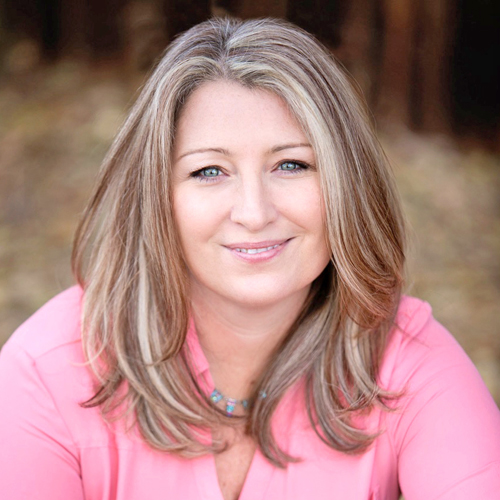
View Details / Enroll
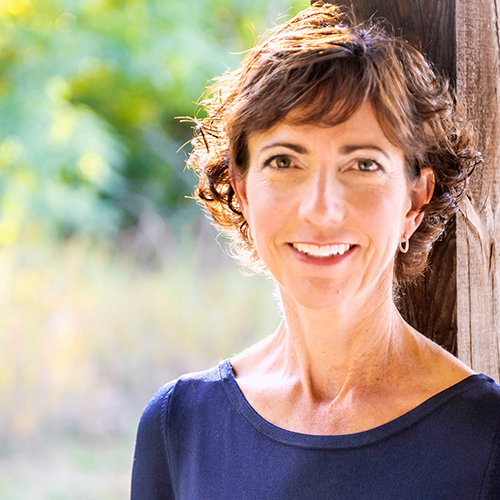

Dr. Unger is a neonatologist at Sinai Health in Toronto, Canada. She is the medical director of the Roger Hixon Ontario Human Milk Bank and a professor of pediatrics at the University of Toronto. She is a co-primary investigator for the Canadian Institutes of Health Research funded MaxiMoM: Maximizing Mother’s own Milk Program of research. Dr Unger graduated from medical school at Dalhousie University on the east coast of Canada. She is the proud mother of three teenage daughters.
Although human milk confers important health promotion benefits to all infants, vulnerable babies admitted to an NICU stand to benefit even more. Their parents are typically strongly motivated to provide their own milk, although for a variety of reasons, such as parental ill health and stress (often complicated by the pandemic), parents may not have a full volume of their own milk. In this case, donor milk is the recommended supplement to bridge until parent’s milk is available. There is strong research evidence to support the use of human donor milk in preterm infants to prevent necrotizing enterocolitis, while there is less available evidence for the use of donor milk in late preterm infants. There are important differences between parent’s milk and donor milk with respect to their nutrient and non-nutrient components which may be secondary to processing techniques used in creating batches of donor milk. It is important to understand these differences and be able to interpret nutritional labelling on donor milk. Newer techniques in pasteurization may address some of the losses of bioactive molecules in human milk.

View Details / Enroll

Using Gravity-Assisted Positions to Prevent Early Breastfeeding Problems

Nancy Mohrbacher was born and raised in the Chicago area, where she lives today. She is a board-certified lactation consultant who has been helping nursing mothers since 1982. Her breastfeeding books for parents and professionals include Breastfeeding Answers Made Simple and its Pocket Guide; Breastfeeding Made Simple(with Kathleen Kendall-Tackett); Working and Breastfeeding Made Simple; and Breastfeeding Solutions and its companion app for Android and iPhone.
Nancy currently contracts with hospitals to improve breastfeeding practices, writes for many publications, and speaks at events around the world. Nancy was in the first group of 16 to be honored for her lifetime contributions to breastfeeding with the designation FILCA, Fellow of the International Lactation Consultant Association.
Topic: Applying Bioethics to Milk Banking and Milk Sharing - [View Abstract]
Topic: Concerns About Low Milk Production - [View Abstract]
Topic: Transitioning the Preterm Infant to the Breast - [View Abstract]
Topic: Using Gravity-Assisted Positions to Prevent Early Breastfeeding Problems - [View Abstract]
Topic: What Mothers Need to Exclusively Breastfeed - [View Abstract]
Topic: What's New In Lactation - [View Abstract]
View Details / Enroll
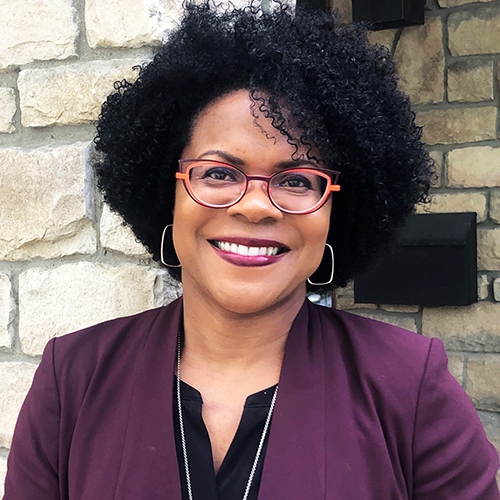
Walking with NICU Families Through Their Infant Feeding Journey

Maxine graduated with a nursing degree followed later on by her Master of Nursing in 2017 both from the University of Calgary. Maxine was a public health nurse in Calgary for 13 years, where providing face to face contacts with new families soon after discharge is a standard of care. Most families named feeding challenges as their biggest concern. In turn, Maxine developed a passion for lactation support, worked towards and attained the International Board-Certified Lactation Consultant designation, in order to assist families to reach their feeding goals.
In 2016, Maxine made the transition from public health to acute care where she currently works in all areas of a large Children’s hospital to support dyads with a myriad of lactation concerns but is primarily in the NICU. Maxine’s responsibilities includes orienting new staff to teaching a provincial lactation education within a team. Maxine is passionate about sharing knowledge with aspiring LCs and is a mentor to many. Maxine participates on numerous committees to update lactation and feeding policies, procedures and documents. Furthermore, she volunteers on provincial and national breastfeeding committees.
To graduate from the Neonatal Intensive Care Unit (NICU) infants are required to be adequate feeders. Feeding is a learned skill for NICU babies that is expected to “be there in waiting” after a long medical and or surgical admission. Effective feeding and subsequent weight gain in the NICU are the measures and skill to which a discharge ticket home is granted. Feeding can sometimes be overlooked in regards to its role in infant well being and parental confidence. Infants are admitted to surgical level 3 NICUs for many reasons, including prematurity, necrotising enterocolitis, intestinal perforations, gastroschisis, duodenal atresia, omphaloceles, therapeutic hypothermia, seizures, and oesophageal atresia /fistulas including genetic or metabolic abnormalities. Many of these illnesses have a very long course toward healing and recovery before oral feeding is introduced.
Lactation Consultants in the NICU are well positioned to ensure support of the family and medical team along the way, to optimize successful oral feeding upon discharge home.
This talk will look at some of the ways that parental presence and mom’s milk is therapeutic in the NICU, and how the progression of breastfeeding can be the ticket to going home.

View Details / Enroll
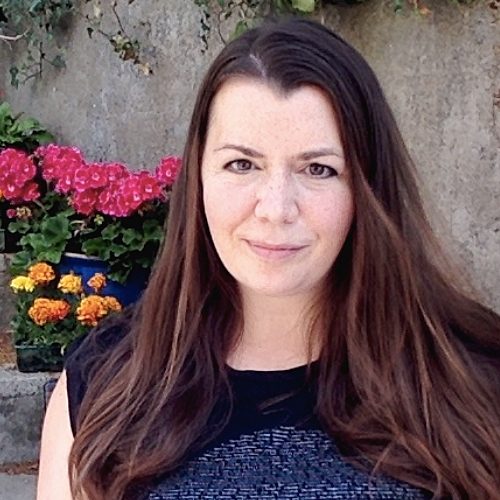

Professor Amy Brown is based in the Department of Public Health, Policy and Social Sciences at Swansea University in the UK. With a background in psychology, she has spent the last thirteen years exploring psychological, cultural and societal influences upon infant feeding decisions in the first year. Her research seeks to understand how we can shift our perception of how babies are fed away from an individual mothering issue to a wider public health problem – with societal level solutions. Dr Brown has published over 60 papers exploring the barriers women face in feeding their baby during the first year. She is a mother to three human children and three book babies: Breastfeeding Uncovered: Who really decides how we feed our babies, Why starting solids matters, and The Positive Breastfeeding Book: Everything you need to feed your baby with confidence. She is a regular blogger, aiming to change the way we think about breastfeeding, mothering and caring for our babies.
Topic: Breastfeeding Trauma: How Can We Recognise and Support Mothers Who Wanted to Breastfeed but Were Unable to Meet Their Goals? - [View Abstract]
Topic: How Can We Better Support Mothers Don’t Meet Their Breastfeeding Goals? - [View Abstract]
Topic: What Do Normal Infant Feeding Patterns Really Look Like? - [View Abstract]
We know that responsive feeding gets breastfeeding off to the best start. New parents are told that breastfed babies often feed 8 – 12 times a day, but in practice many new mothers will find themselves breastfeeding more frequently than this. Research exploring breastfeeding frequency is however conducted primarily with younger infants, focuses simply on breast versus bottle, or was funded by industry.
This presentation reports novel findings from a research study of 18,000+ mothers with a baby or child aged 0 – 5 years old. It examines how often babies feed during the day and night for each age range by milk feeding type, mode, and approach (e.g. schedule versus responsive) and how frequent day and night feedings remain the norm for breastfed babies into the preschool years. The data also explores differences in maternal perceptions of infant variations in hunger e.g. in response to growth spurts, variations over different days, and cluster feeding, highlighting how breastfeeding mothers describe a more varied pattern of infant feeding compared to those formula feeding.
Together the findings challenge notions that most babies breastfeed between 8 – 12 times per 24 hour and that irregular patterns or varied numbers of feeds are normal for breastfed infants. Although many breastfeeding practitioners will recognise this pattern, these findings will provide both an addition and challenge to the scarce existing research literature on infant feeding patterns.

View Details / Enroll
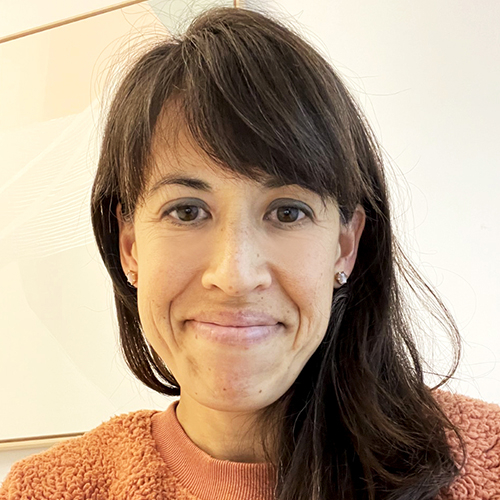
What Is Stopping Us? Kangaroo Care Implementation in Neonatal Intensive Care Units

Sarah Coutts is a registered nurse and lactation consultant with over 10 years experience in the neonatal intensive care unit. She currently is working as a Developmental Care Specialist in a NICU in Vancouver, Canada. Previous to this position Sarah was the Kangaroo Care Coordinator of an implementation science study to improve uptake of Kangaroo Care in NICUs in British Columbia. She is part of team of clinicians and researchers interested in understanding the barriers and enablers to Kangaroo Care from both the healthcare provider and parent perspectives and creating innovative strategies to increase knowledge and practice of Kangaroo Care in the NICU. She is passionate about raising awareness of the positive outcomes of zero separation between preterm and sick infants and their parents in the NICU.
Preterm infants are at increased risk for impaired neurodevelopmental outcomes (Stoll et al, 2010). There is evidence supporting the differences in outcomes related to how we provide care to preterm infants and the effects of the environment in which the care takes place. One of the most effective ways to reduce impaired infant outcomes is inviting parents to actively participate in care activities and provide Kangaroo Care (Boundy et al., 2016; Charpak et al., 2017). Despite international recommendations, empirical evidence, and an implementation science project focused on strengthening Kangaroo Care in neonatal intensive care units in British Columbia, Canada, implementation has been slow due to various barriers to uptake (Charpak et al., 2020; Coutts et al., 2021; WHO, 2020). A ‘one size fits all’ approach cannot guide Kangaroo Care implementation as it is a complex intervention and each NICU presents unique barriers and enablers. The uptake of Kangaroo Care relies on the involvement of parents and healthcare providers and their understanding and commitment to the evolving paradigm shift in neonatal care. This transition requires environmental and social supports, systems level change of philosophies of care, and assistance for healthcare providers to recognize their changing role.
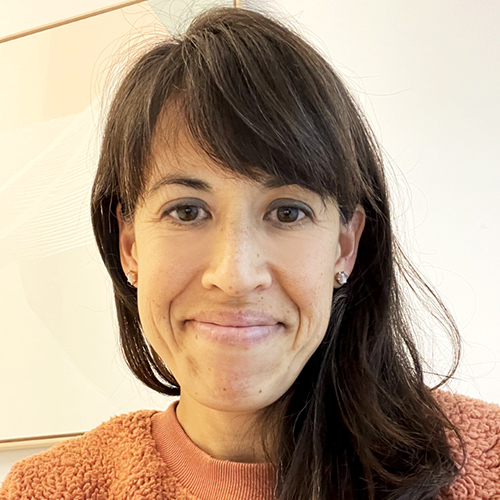
View Details / Enroll
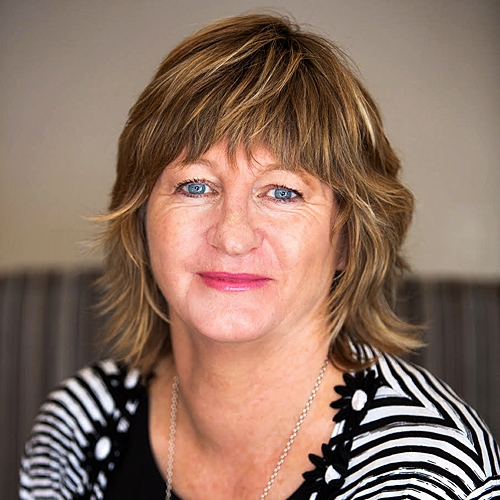
When a Baby Dies: Providing Care and Support

Dr Vicki Culling is the Director and principal trainer for Vicki Culling Associates. Vicki is a bereaved parent and has been actively involved in Sands (an organisation that supports families when a baby or child dies) for over fifteen years. The stillbirth of her first daughter led her to utilise her skills, in supporting bereaved parents and families and educating health professionals with in-person workshops and online learning. Vicki was a founding member of the NZ national Perinatal and Maternal Mortality Review Committee (PMMRC) set up in 2005 and charged with collecting data on perinatal and maternal mortality and morbidity in NZ. Vicki is a current member of the NZ Ministry of Health’s Maternal Fetal Medicine Governance Board and vice-Chair of the National Perinatal Pathology Clinical Governance Committee. She also works as a lay reviewer for the Medical Council of NZ and the Dental Council of NZ. She lives in Wellington with her husband Kevan and daughter Phoebe.
In this presentation, we will explore grief and baby loss from a first-world, Western perspective. We will reflect on how our attitudes to grief have formed and look at the differences between traditional and contemporary approaches to grief and the tension that lies between them. We will also discuss some of the different ways that baby loss is discussed societally – looking particularly at platitudes, euphemisms and the tendency to minimize a baby’s death. We’ll finish with an exploration of our own approach to supporting bereaved families - our philosophy of care. At the end of this presentation, participants will have an array of concepts to help reflect on the care they give to parents and families who have experienced the tragedy of neonatal death.

View Details / Enroll
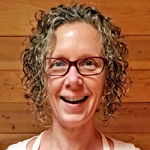
Where Should We Dig? Not All Gold Is Buried Under the Tongue

Carol has been a therapeutic bodyworker in Portland, Oregon for over 26 years. She is a retired home birth midwife. She specializes in infant and maternal Craniosacral Therapy.
Carol is convinced that if women are appropriately supported in growing, birthing and nurturing their babies, their lives will improve. When women's lives improve their children's health improves. Healthy children grow up to be healthier adults who create healthier communities and a saner, more peaceful world. Carol believes that when things are out of balance even the smallest intervention can bring about great healing. Our need for it is so great.
Carol is passionate about using her CST skills to gently make space in maternal bodies so babies can assume ideal positions for gestation and birth. She is currently developing specialized prenatal yoga classes to support and enhance the maternal bodywork techniques she practices and teaches.
Topic: Where Should We Dig? Not All Gold Is Buried Under the Tongue - [View Abstract]
Carol will explain how the sources of tongue and oral dysfunction aren’t always in the mouth. Sometimes the gold is buried elsewhere. She will discuss torques and twists in the body that extend into the floor of the mouth and express themselves as a lack of tongue mobility. She will discuss how fetal lie and restricted fetal mobility cause babies to grow in ways that negatively impact their breastfeeding. These things may masquerade as and/or exacerbate tongue mobility issues disguised as short frenula. Carol will also explain the CST treatment approach for these babies.

View Details / Enroll
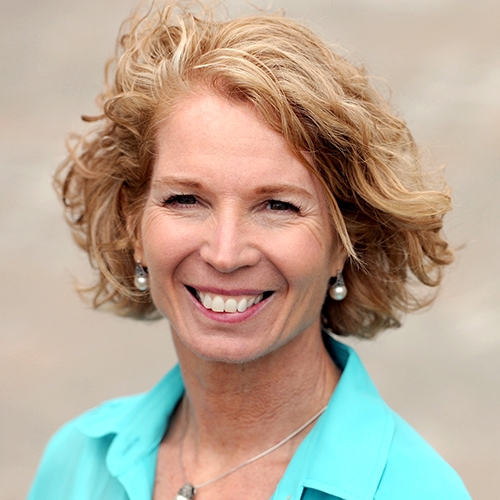
Why Are We Still Hurting Babies: Provider And Parent-led Interventions For The Treatment And Prevention Of Procedural Pain

Dr. Marsha Campbell-Yeo, a neonatal nurse practitioner and clinician scientist, is a Full Professor at the School of Nursing, Faculty of Health, Dalhousie University and holds cross appointments in the Department of Pediatrics, and Psychology and Neuroscience. Her Canada Foundation of Innovation funded research lab, MOM-LINC (Mechanisms, Outcome and Mobilization of Maternally-Led Interventions to Improve Newborn Care) is located at the IWK Health Centre. She primarily holds grants examining interventions to improve outcomes of medically at-risk newborns specifically related to pain, stress, and neurodevelopment as well as novel knowledge synthesis and dissemination methods, and digital e-heath interventions aimed at enhancing parental engagement.
She has been recognized for her contributions to the field via numerous awards. She has received an Honorary Doctorate from the Faculty of Medicine and Science from Orebro University, Sweden, and invited as a member of the Royal Society of Canada's College of New Scholars, Artists and Scientists, the recipient of the Inaugural Dalhousie University President's Award for research excellence, was named one of 150 Nurses championing innovation in health for Canada by the Canadian Nurses Association to mark the 150th anniversary of Confederation, a Canadian Institute of Health Research New Investigator Awardee, the Canadian Pain Society 2015 Early Career Awardee, and a Career Development Awardee of the Canadian Child Health Clinician Scientist Program. She is President-Elect of the Pain in Childhood Special Interest Group of the International Association for the Study of Pain, an Executive member of the Council of International Neonatal Nurses, and the Inaugural Chair of the Canadian Premature Babies Foundation Scientific Advisory Committee. Follow her on Twitter @DrMCampbellYeo
Topic: Why Are We Still Hurting Babies: Provider And Parent-led Interventions For The Treatment And Prevention Of Procedural Pain - [View Abstract]
After decades of healthcare providers not recognizing newborn infants’ capacity to feel pain and the associated adverse outcomes, we now know that current evidence suggests that repeated procedural pain contributes to long-term changes in stress regulation and brain development in vulnerable preterm infants, after accounting for associated clinical confounders. Many medications are often not effective for the most commonly performed painful procedures, and their repeated and frequent use may have potential short and long-term adverse effects. Recent research has thus focused on finding non-pharmacological interventions or sweet tasting solutions as a substitute to pharmacologic treatments, or as a means to reduce the drug-doses needed for optimal analgesia associated with procedural pain. Several of these interventions involve parents, e.g., skin-to-skin care, breastfeeding, or facilitated tucking. Despite this knowledge, clinicians often struggle with incorporating these strategies into everyday practice. Moreover, most parents and many providers remain unaware of the powerful benefits of integrating parents as active participants in newborn pain management. This presenatation will cover interventions to address the treatment and prevention of procedural pain.




